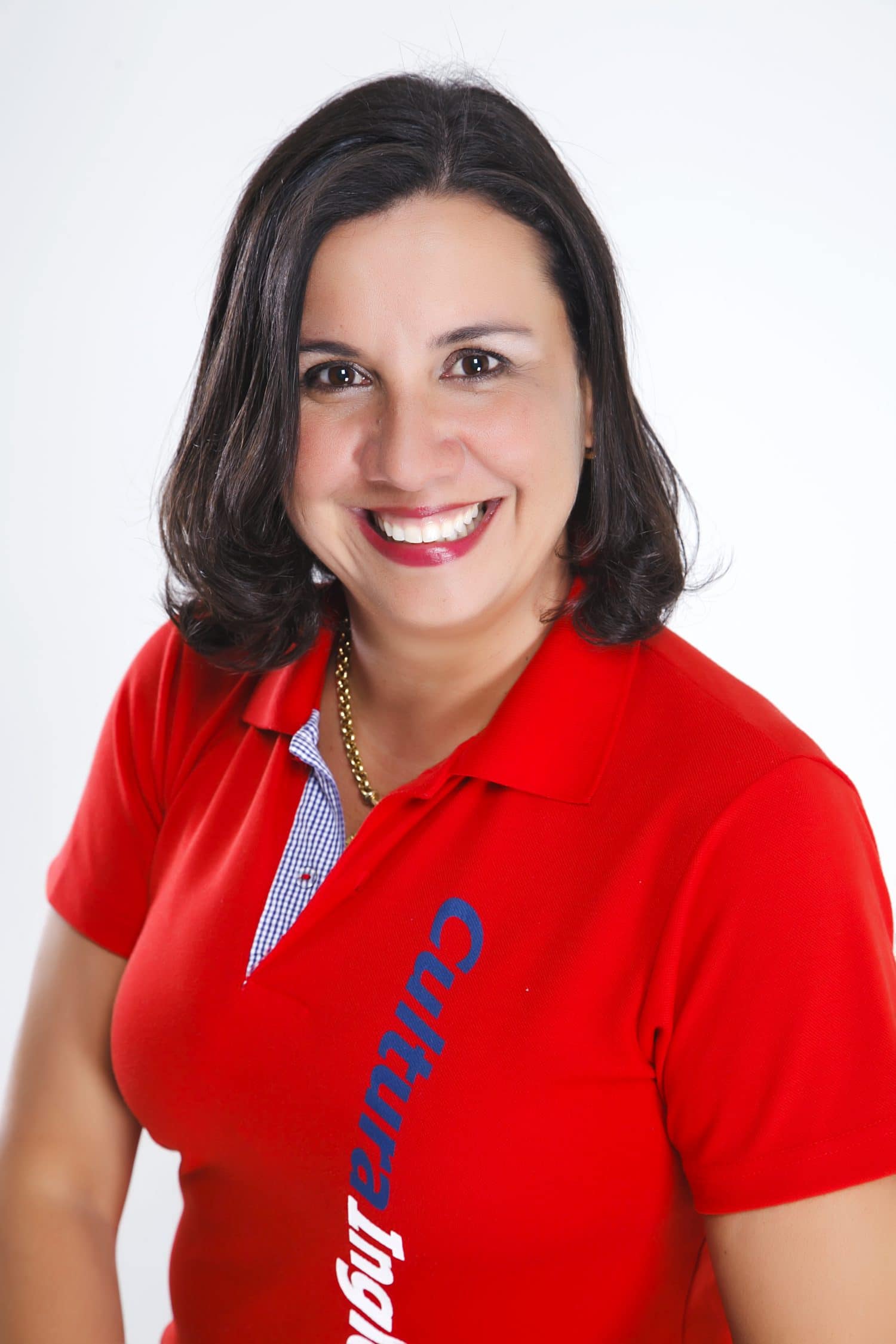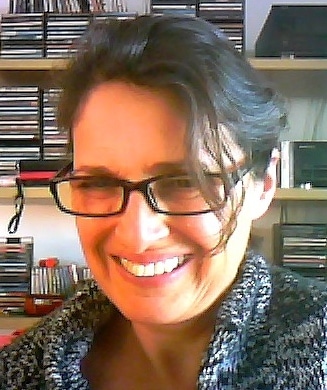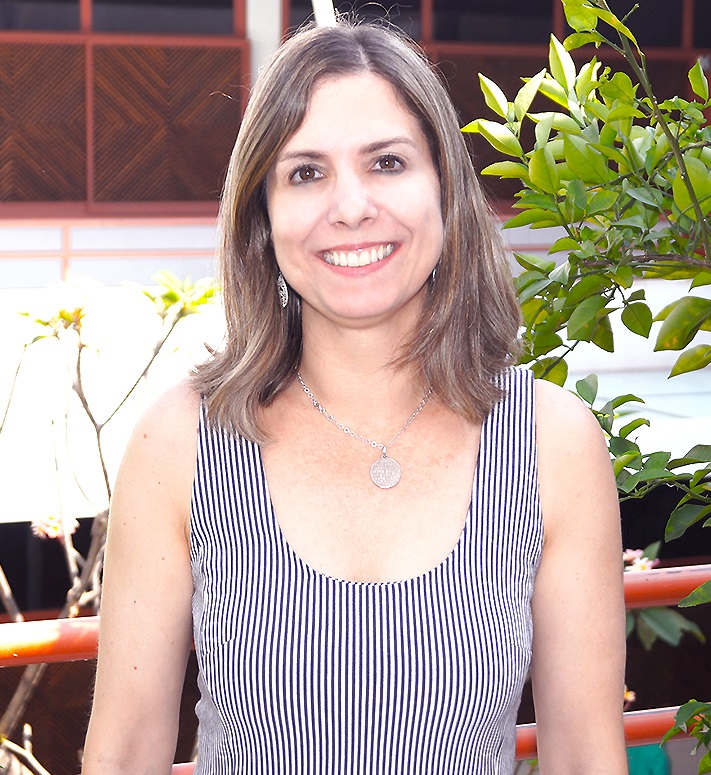A tendency now is to have schools advertising being “bilingual”. But what is it to be a bilingual school?
According to Baker (2011) bilingual education refers to the education in more than one language, often comprising more than two.
It is different from traditional education as it uses language as a medium of instruction providing tolerance towards other linguistic and cultural groups. There is the pivotal need to integrate language and content which is done with the material used, the language used by the teacher and mainly, the language used by the students.
Leszek Boryseiwicz, vice-chancellor of Cambridge University, spoke to the Gardian last June about bilingualism and he mentioned that education is about enabling every child to achieve the maximum potential and this can be better achieved by becoming bilingual. He said that bilingualism gives “huge advantages” in this international world of tomorrow.
Some schools, though advertising being bilingual are still ill-prepared to be so as not all the teachers are qualified or the groups are designed to cater for the specific needs of such endeavour.
The simple fact that the school provides a massive amount of foreign language lessons does not exactly makes that school bilingual. The use of two languages in not new, but it is often used with the students first language for subject instruction and English, for example, for language instruction.
Bilingual education must not only teach academic subjects but is must also build on translanguaging practices of both students and teachers. The task is not only to “add” languages to the curriculum. The programmes must consider monoglossic and heteroglossic environments. Ofelia Garcia points out the challenge for educators in this 21st century is to acknowledge that monolingual, and even monoglossic bilingual practices are not sufficient.
Bilingualism is good for learning, the mental activity needed to juggle and use more than one language increases cognitive flexibility and makes learning easier, says Dr Dora Alexopoulou, , leader of the Education First Research Unit – Cambridge University.
So let’s look with sharp eyes and understand better what a bilingual school is beyond the title – just calling it ‘bilingual’ does not make a school as such nor provide the expected results and being bilingual will probably open a plethora of opportunities for these students of today who will be the professionals of tomorrow.





